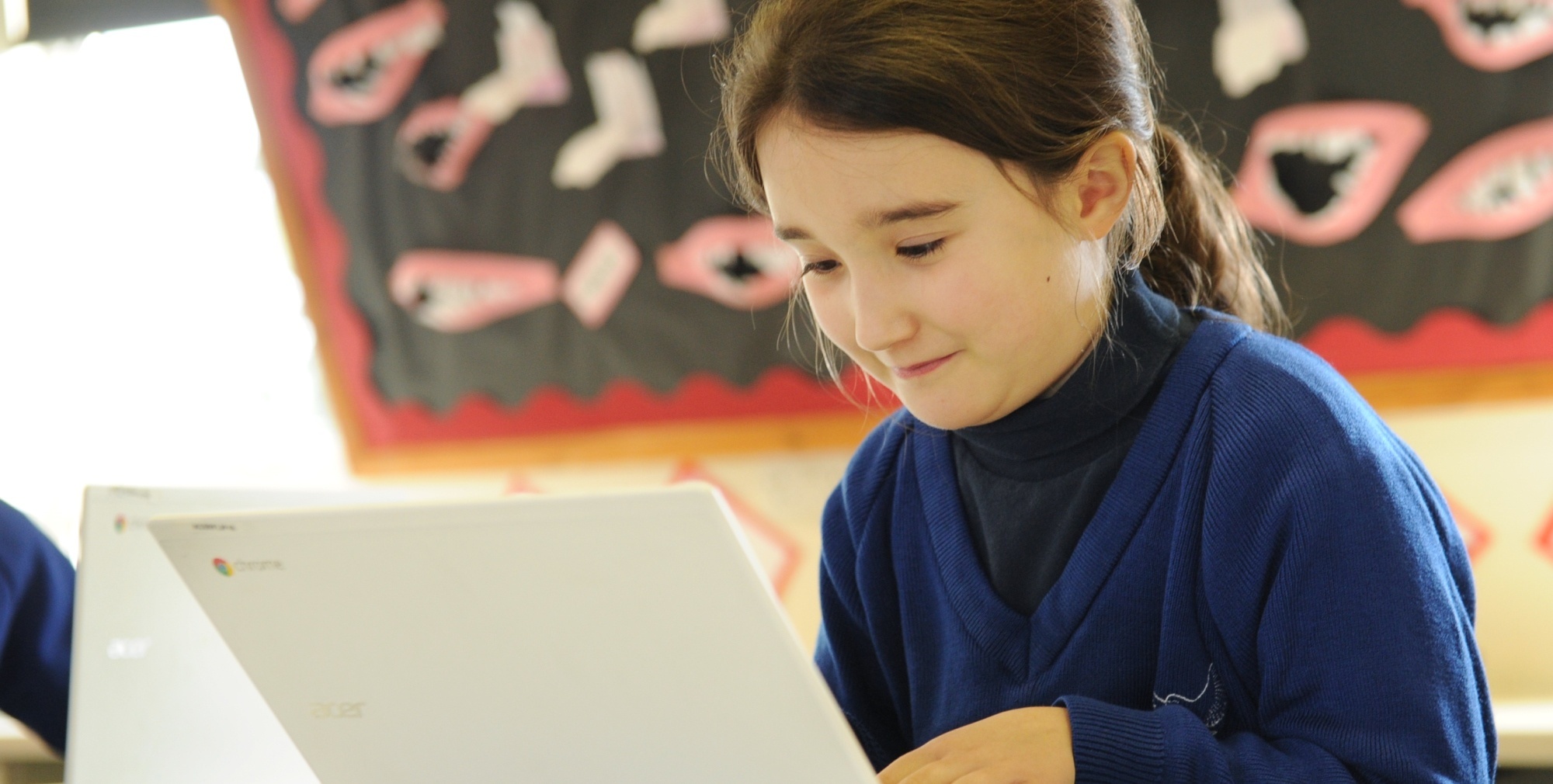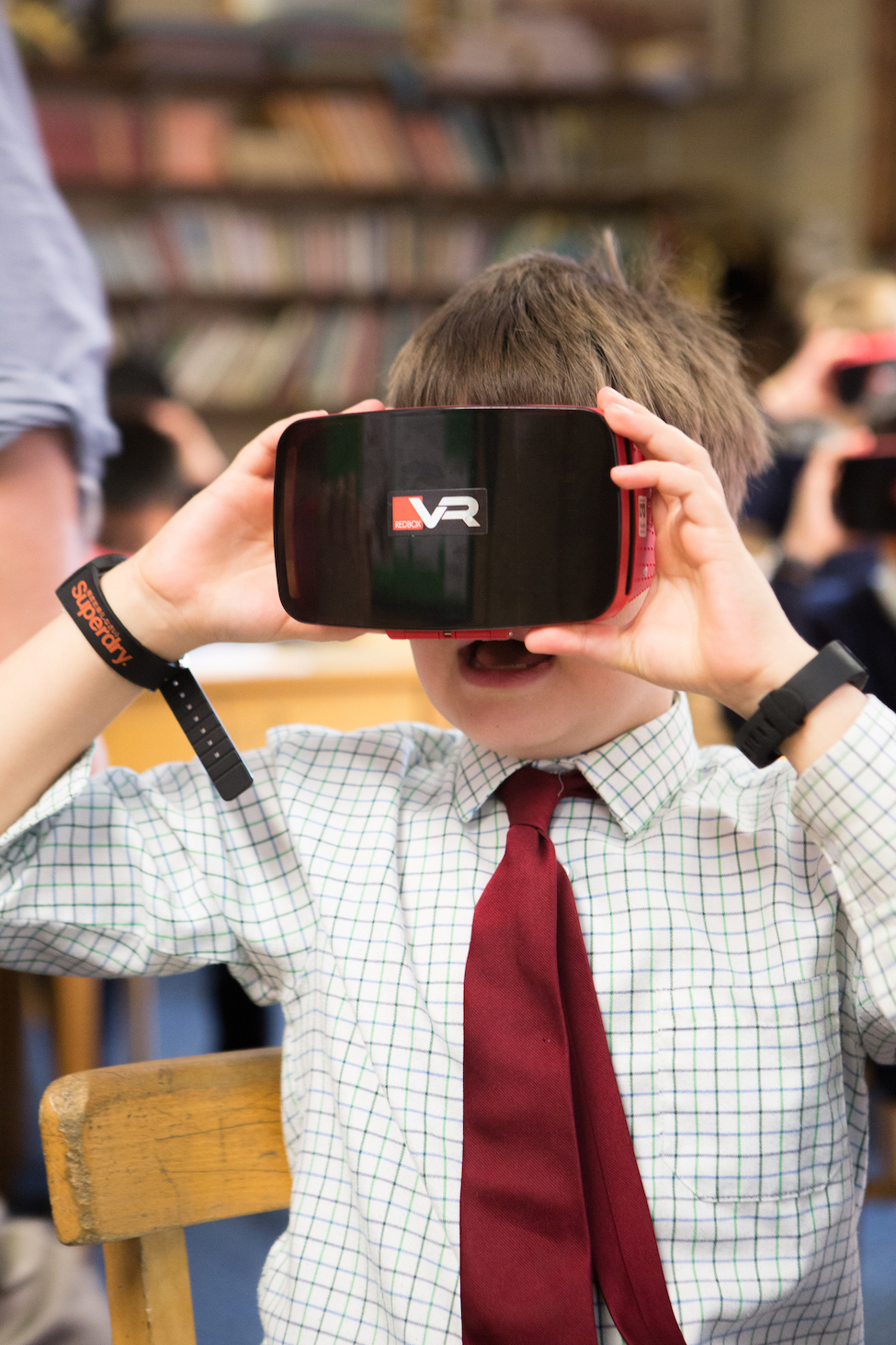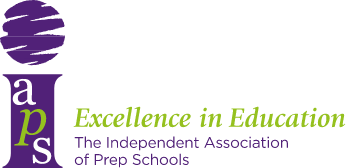Artificial Intelligence - Friend or Foe?

It is over 150 years since the Elementary Education Act in 1870 made funding available to Local Authorities to provide education to primary aged children.
Over that period the opportunities offered to children have developed exponentially, albeit with bumps along the way and plenty of political argument about curriculum content and the nature of exams.
Despite the progress, the last century and a half has been dominated by traditional classroom based teaching with teachers addressing rows of pupils from the front of the class. More recently there has been an increased focus on monitoring the progress of every child in a more methodical way, but intervention for weaker pupils is often hampered by lack of available teaching resource.
 At the same time the use of technology in the classroom at primary level has been increasing and was given further impetus during the pandemic. The digital learning options are giving teachers more options and have been making the classroom experience more stimulating for many pupils.
At the same time the use of technology in the classroom at primary level has been increasing and was given further impetus during the pandemic. The digital learning options are giving teachers more options and have been making the classroom experience more stimulating for many pupils.
Fast forward another 150 years, or even 15 years, and can we imagine what the pupil experience might be if Artificial Intelligence (AI) is harnessed to its maximum potential? It appears that technology will allow the learning experience of each child to be tailored to individual needs in a way that has been unimaginable until recently. In a classroom where each child is following his or her own programme of learning the role of the teacher could change quite dramatically.
What are the implications for independent prep schools? It is difficult to know exactly, but it is likely that independent school parents will be discerning and demanding in equal measure about what AI can deliver for the needs of their own children, particularly if AI helps them perform better in key milestone exams like the ISEB pre test. Those schools which can demonstrate successful early adoption of this new approach may have a distinct competitive advantage. The main barrier to progress with AI is likely to be teacher training. The skills required to monitor a class of 20 learners with tailored individual programmes are so different to the experience of most teachers, and the amount of re-training required  so substantial, that it is difficult to imagine that progress will be as fast as the technocrats would like. And there are of course many questions about the social impact of children following their own path and engaging with electronic devices so routinely at the expense of interaction with classmates.
so substantial, that it is difficult to imagine that progress will be as fast as the technocrats would like. And there are of course many questions about the social impact of children following their own path and engaging with electronic devices so routinely at the expense of interaction with classmates.
At whatever pace, AI is arriving. It is neither friend nor foe, it is merely happening. At Prep Schools Trust we need to follow developments closely and be alive to the potential speed at which pedagogical methods may evolve in its wake.
Tom Beardmore-Gray, Chief Executive
Prep Schools Trust



